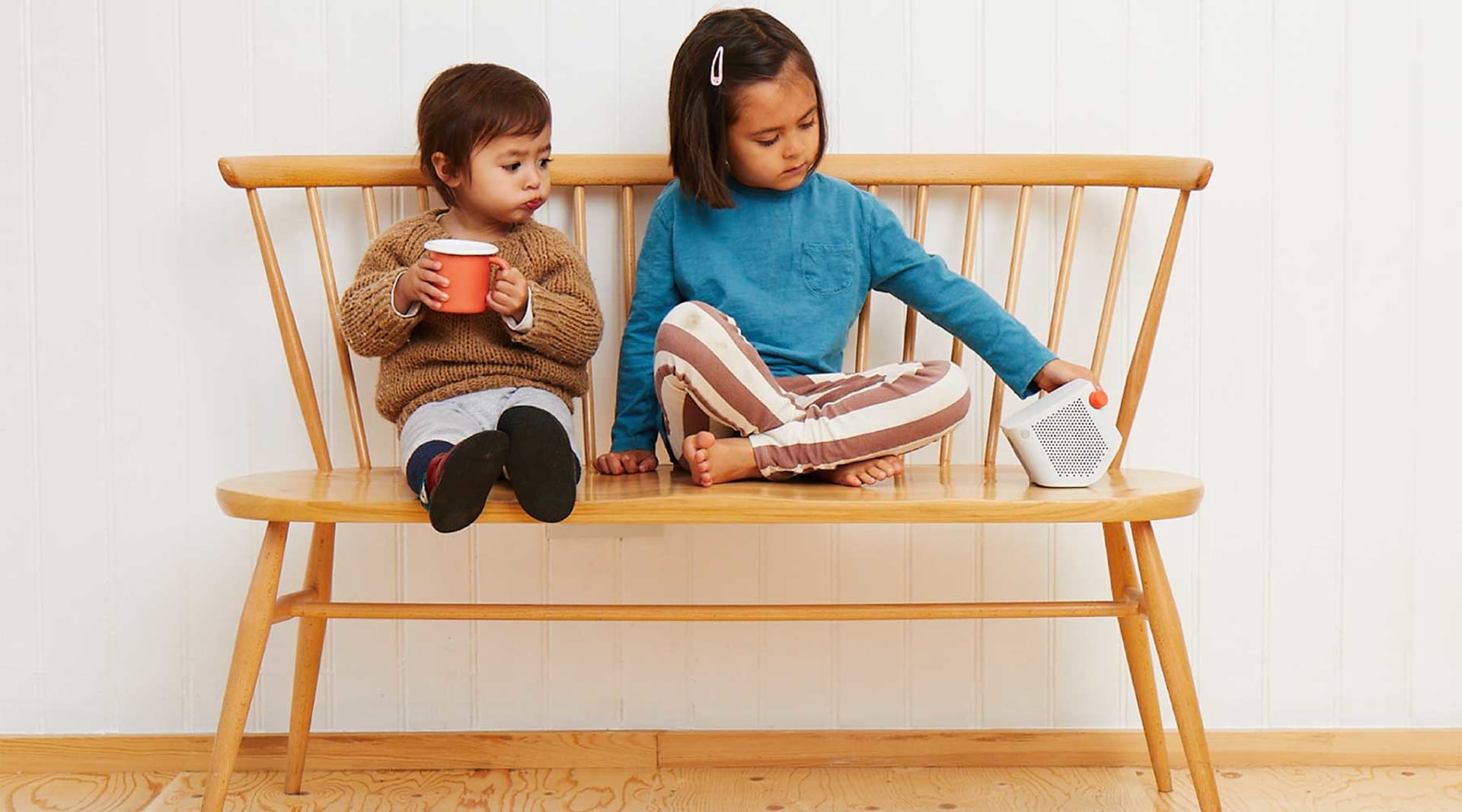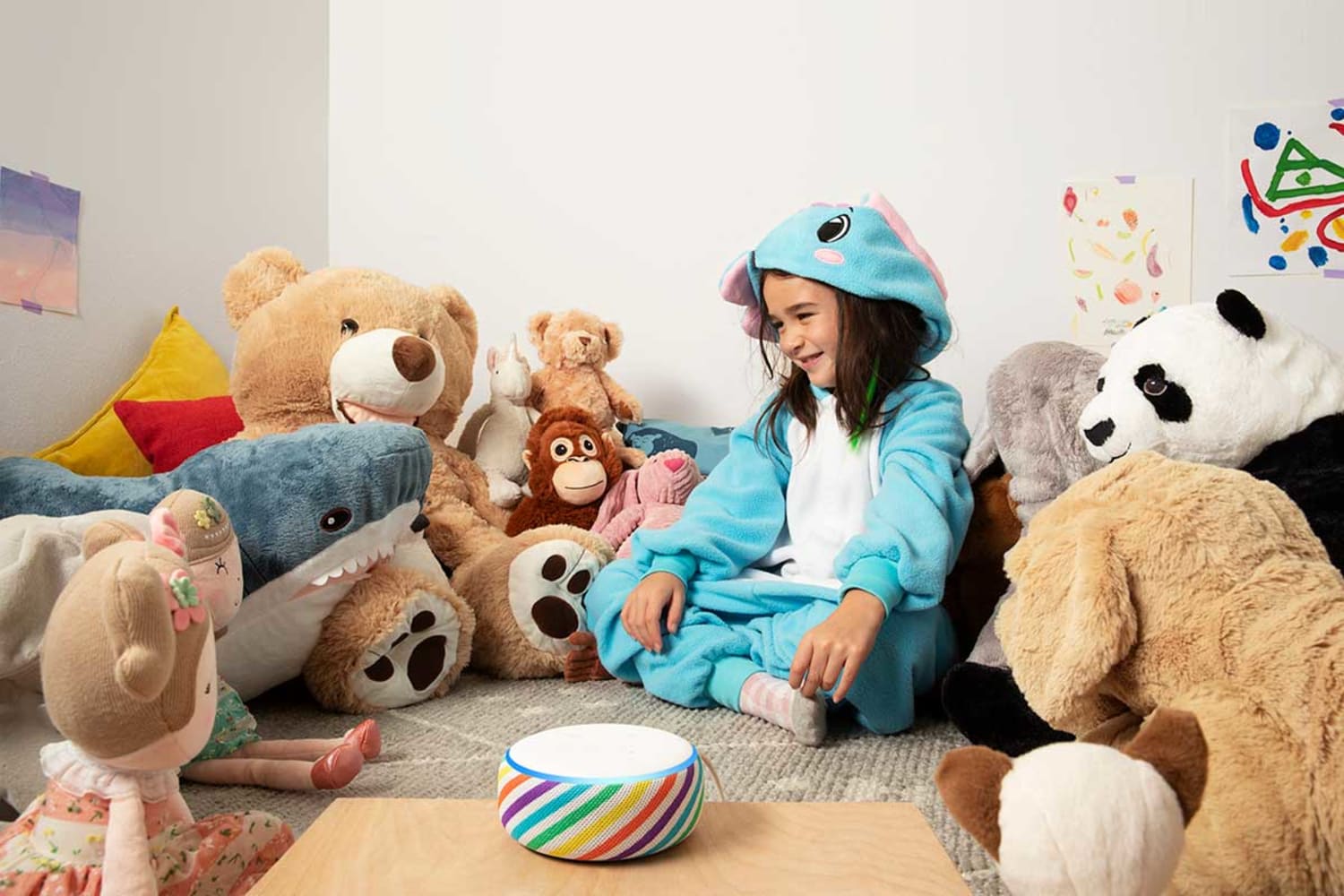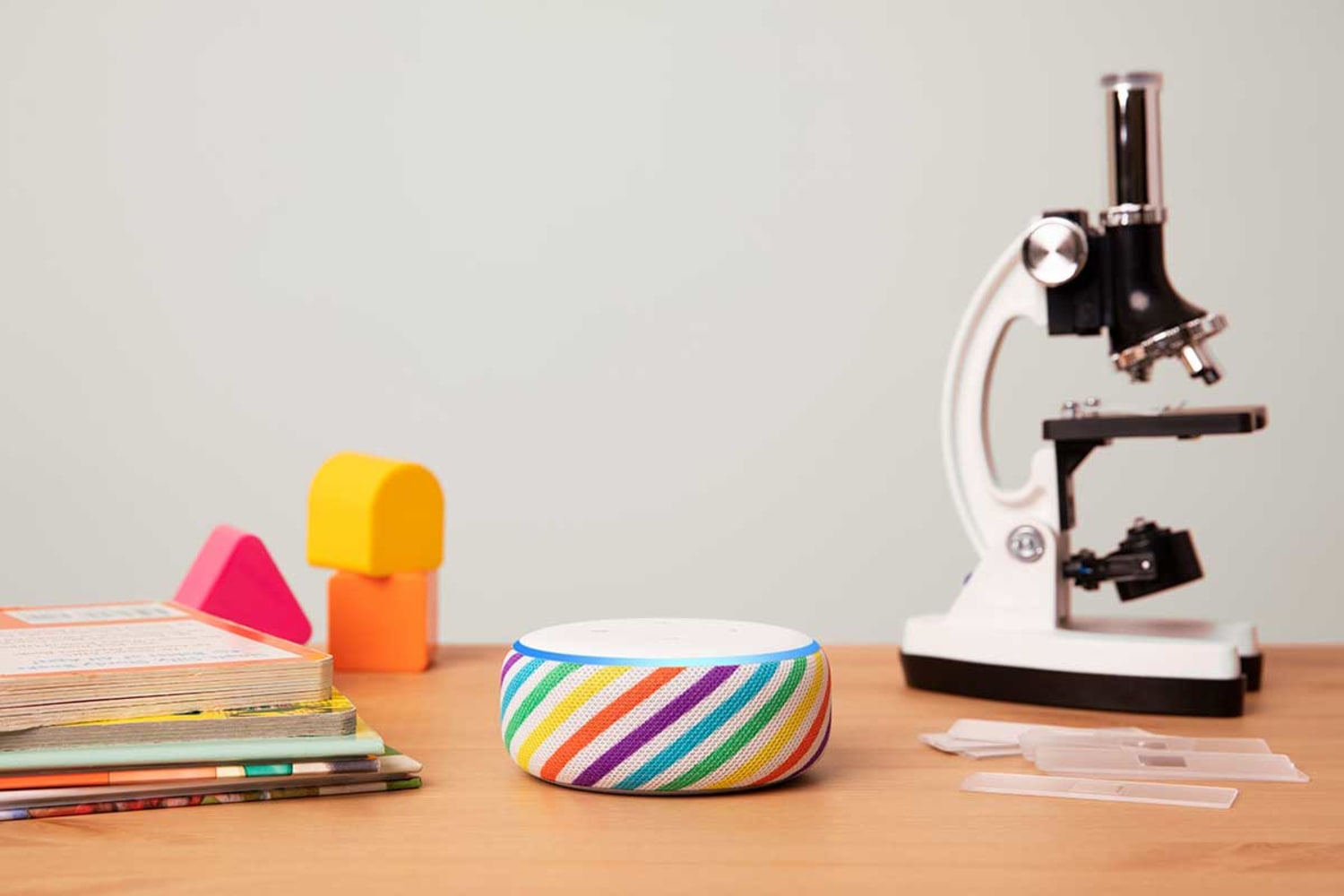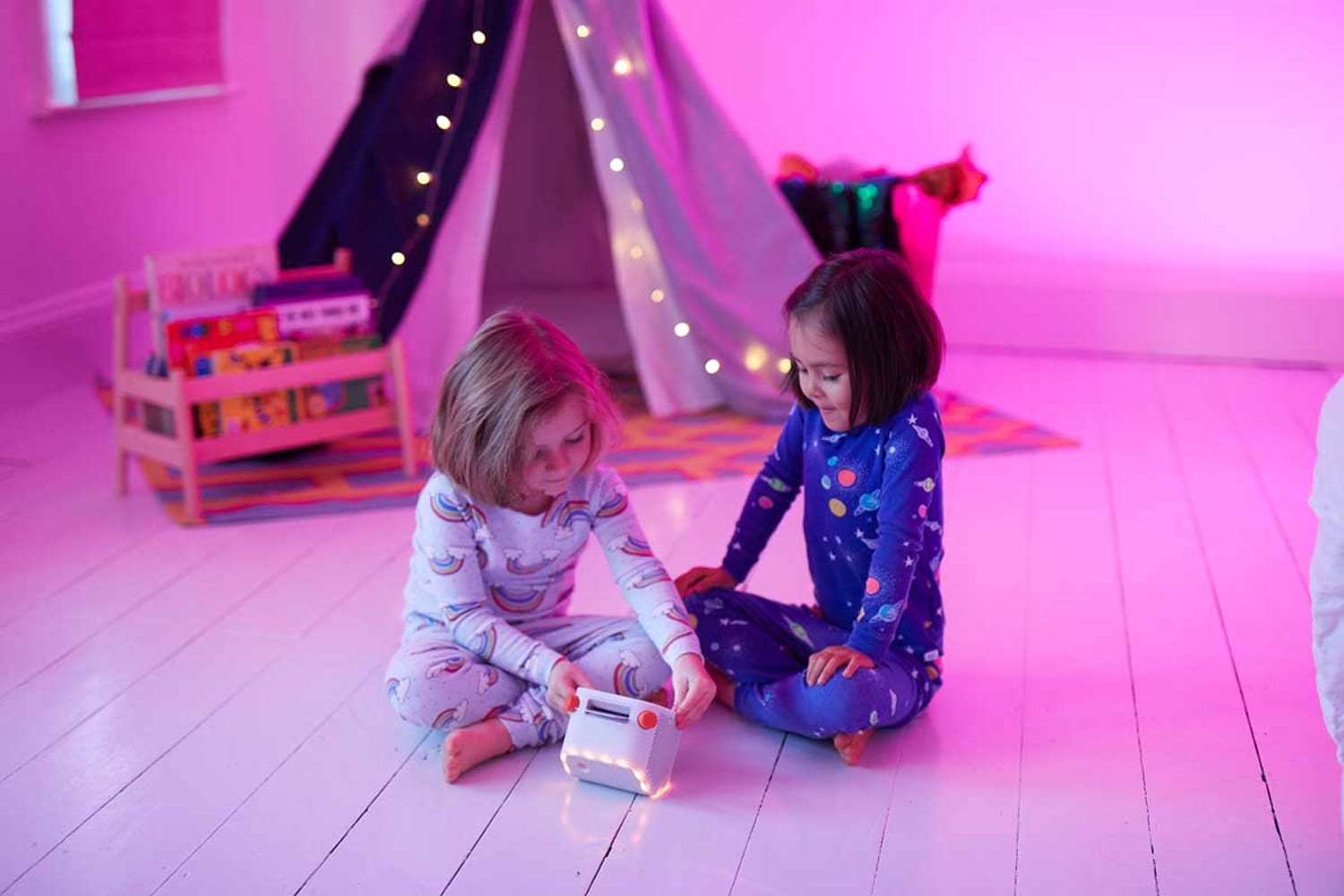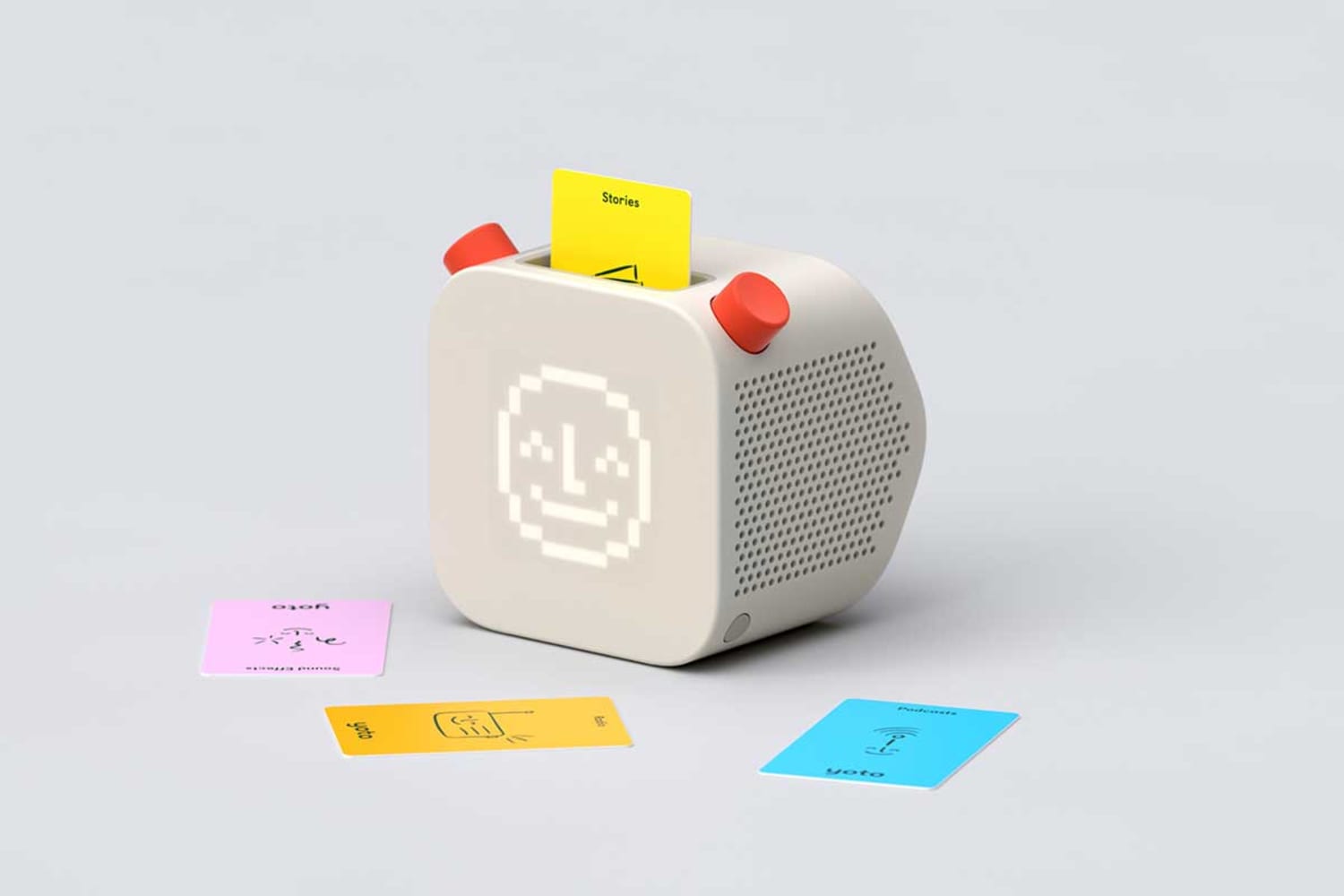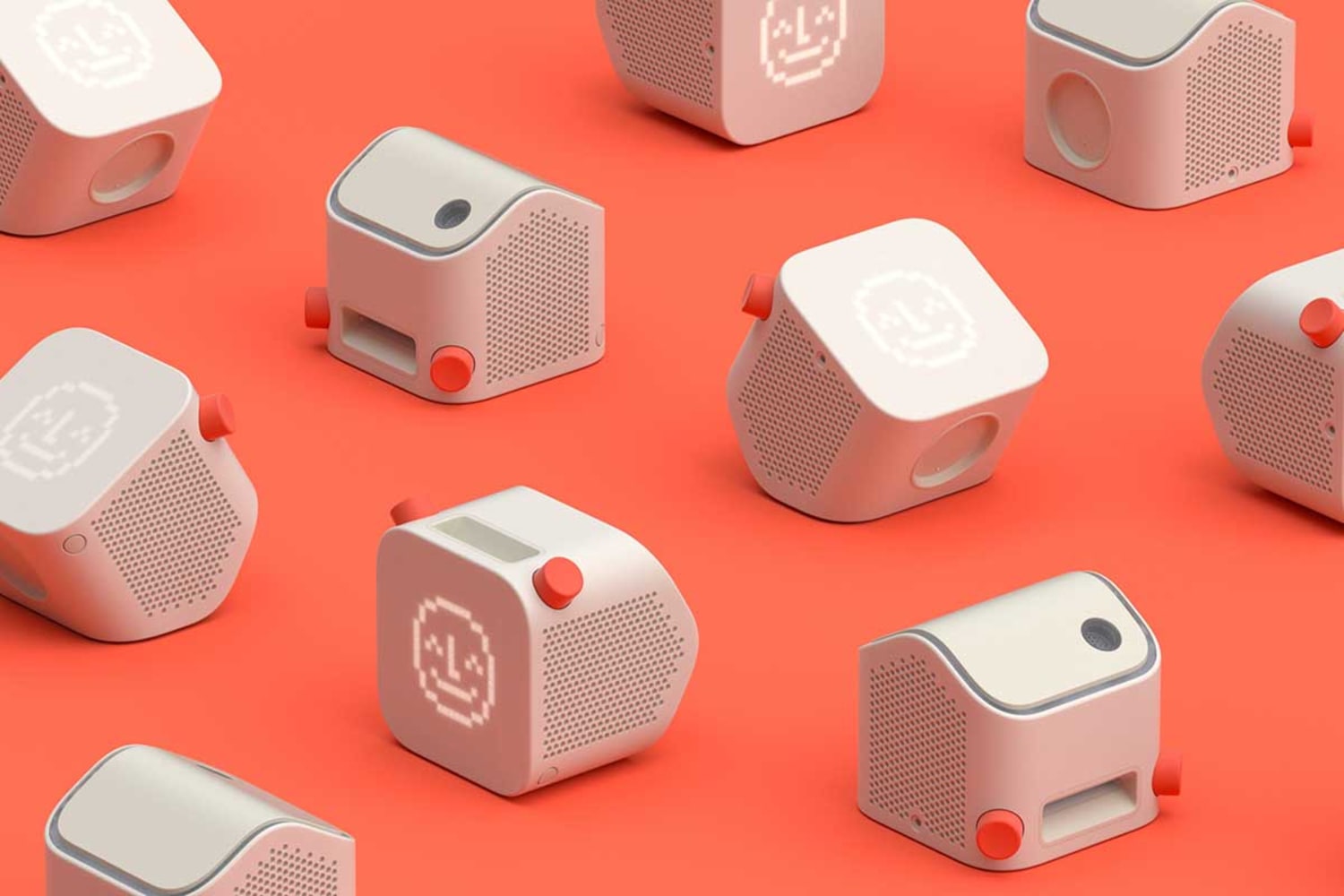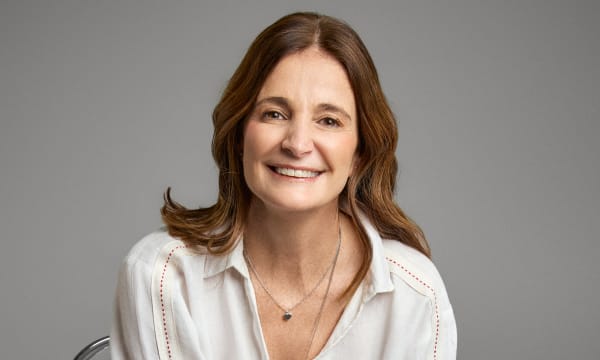As consumers increasingly live online, the idea of data as a cold and impersonal series of zeroes and ones is falling away; instead, data is increasingly acknowledged as a deeply personal pillar of digital identities.
This is especially true for parents trying to manage their children’s digital presence. 53% of American parents with children under 18 years old (moms 57%, dads 48%) are “very concerned” about the privacy and security of pictures of their children, while 58% of moms wish there were more security and privacy options built into kids’ devices, according to research from Wunderman Thompson Data.
